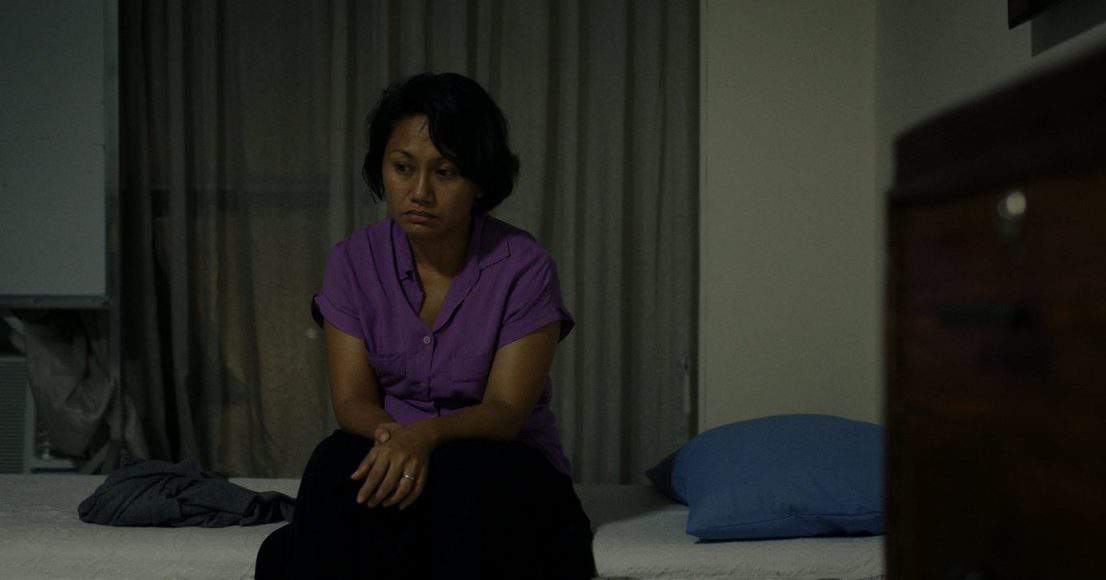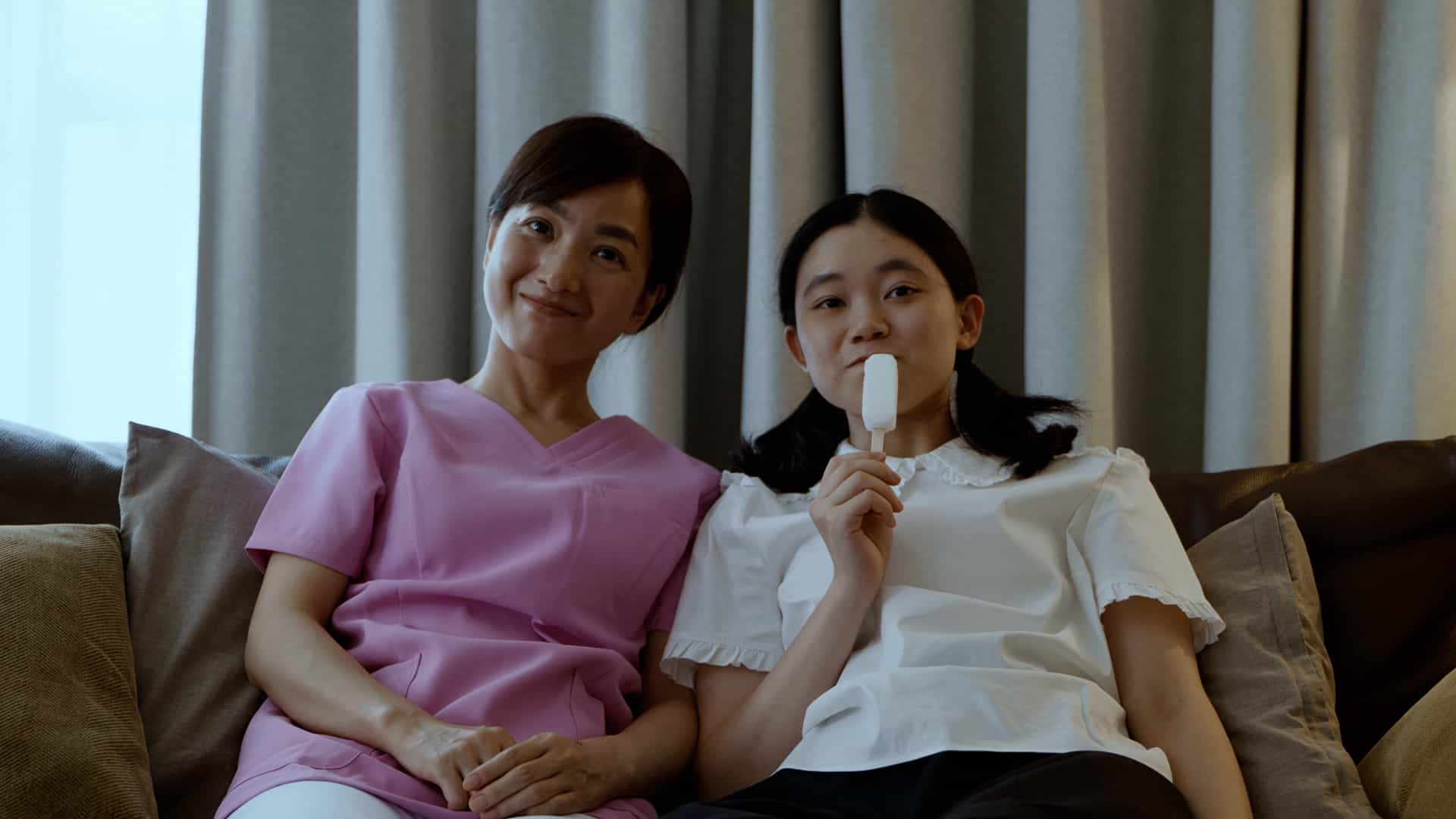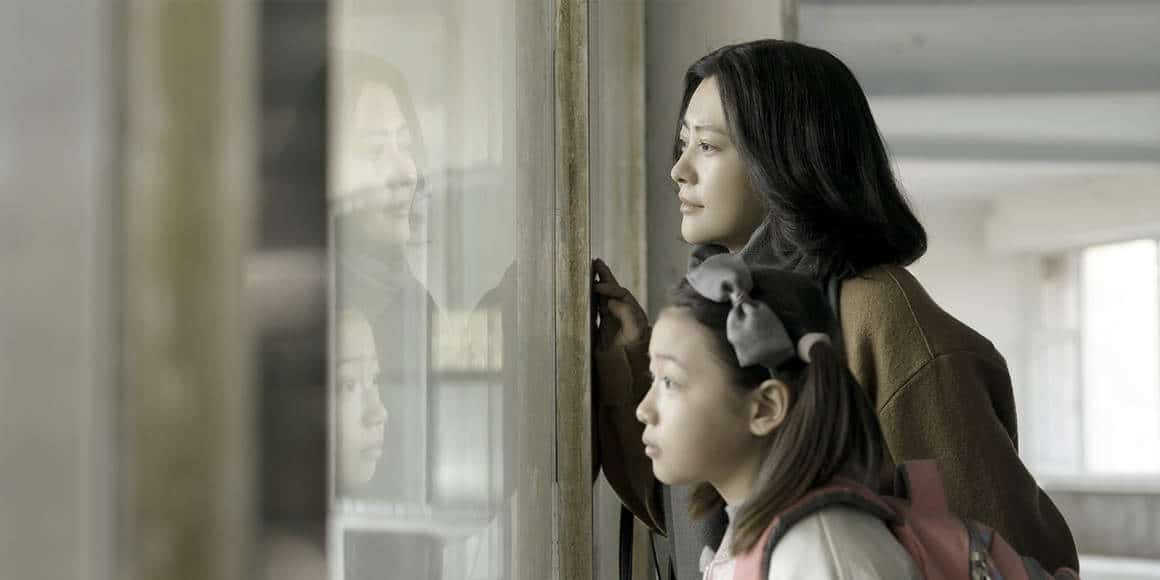The majority of the (music) documentaries that appear on Netflix seem to be hagiographies, with the people examined essentially presented as ones with no or very little faults, probably in the only way films about stars like Taylor Swift and Ariana Grande could be granted permission to be shot. “Blackpink: Light Up the Sky” also follows the same path, but Caroline Suh managed to include some comments about how the industry works, even if those are there to build up the girls of the band even more.
In that fashion, the documentary follows Jennie, Lisa, Rose and Jisoo quite closely, both literally and metaphorically, as the director seems to have essentially free access to their everyday lives and Luke McCoubrey's cinematography consists largely of intense close ups to their faces. Apart from footage that extends to their work, their training, and their live performances, the documentary takes a closer look at them as individuals, with separate, one-on-one interviews that shed much light to their thoughts and feelings. Furthermore, the movie features what is essentially their life story, from their childhood until they moved to the YG academy, and the way their life changed after that. The movie finishes with their world tour and particularly their Coachella concert and the ones in Europe, with the latter also commenting on what international success means for K-pop groups: making it in the US.
As mentioned in the prologue, despite the evident promotional nature of the documentary, a number of comments both for the members of the group and the industry as a whole do come out. For example, when you hear a number of them stating that essentially they have no memories from high school and very few friends, if any, outside each other and the people they work with (trainires, make up artists etc) as, since they joined YG their life is an endless training with a day off only every fortnight, some sympathy is bound to arise, as much as some sadness about what success in the particular field means. The competition in the school also sounds horrific, since hundreds (thousands?) girls leave their former lives, their families and their countries, and start training for years without knowing if they ever will debut, with a question about what happens to the ones who fail eventually rising, probably to anyone who watches the film with a more thorough look.
At the same time, the issues they face from being overworked and the lack of free time are also mentioned, with Jennie stating her overall poor physical condition (probably in response to a comment about how she appears “lazy” on the stage on occasion), Jisoo the fact that, in contrast to the rest, does not speak English, and Rose with the fact that she occasionally misses her life before the academy. At the same time, and as they describe the practical issues they faced with various aspects of their performances during their academy, what is highlighted is that Lisa, the only member of the group with no ties to Korea, as she is Thai, seems like she was meant to do this from birth. She does not complain at all, the others state that she is the one who is always cheerful and thus, the one they look for when they are feeling, plus the fact that she was among the top students in YG from the beginning, particularly due to her dancing skills. Lastly, a discussion they have, about how they know that their success has an expiration date, and eventually younger women will take their place, as much as what they will do afterwards, with essentially all of them talking about having families, concludes the “non-cheerful” commentary here.
Despite the problems they faced and continue to face, however, what becomes evident is that for all of them, the success they have and the love they receive from their fans make it all worth it, with the finale showing that there is no regret among them, as they are now enjoying the fruits of their labor.
“Blackpink: Light of the Sky” is not exactly a shattering, thorough analysis of the group and the whole concept of K-pop, but there are enough comments here for the film to find appeal even among people who are not fans of the group, and that is where its main value lies.
















